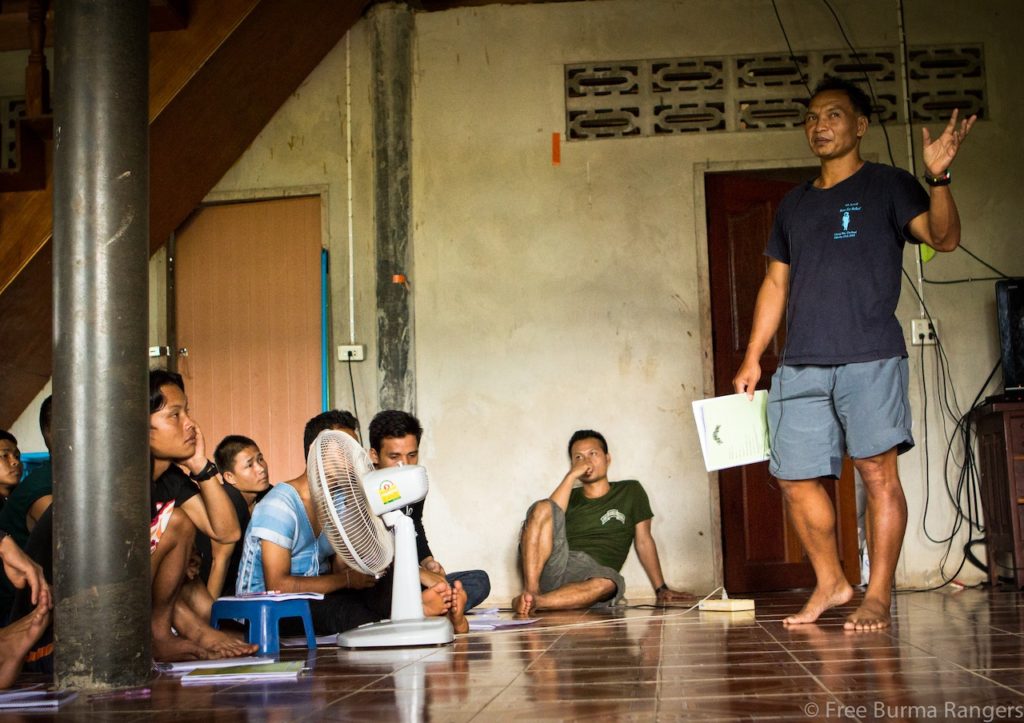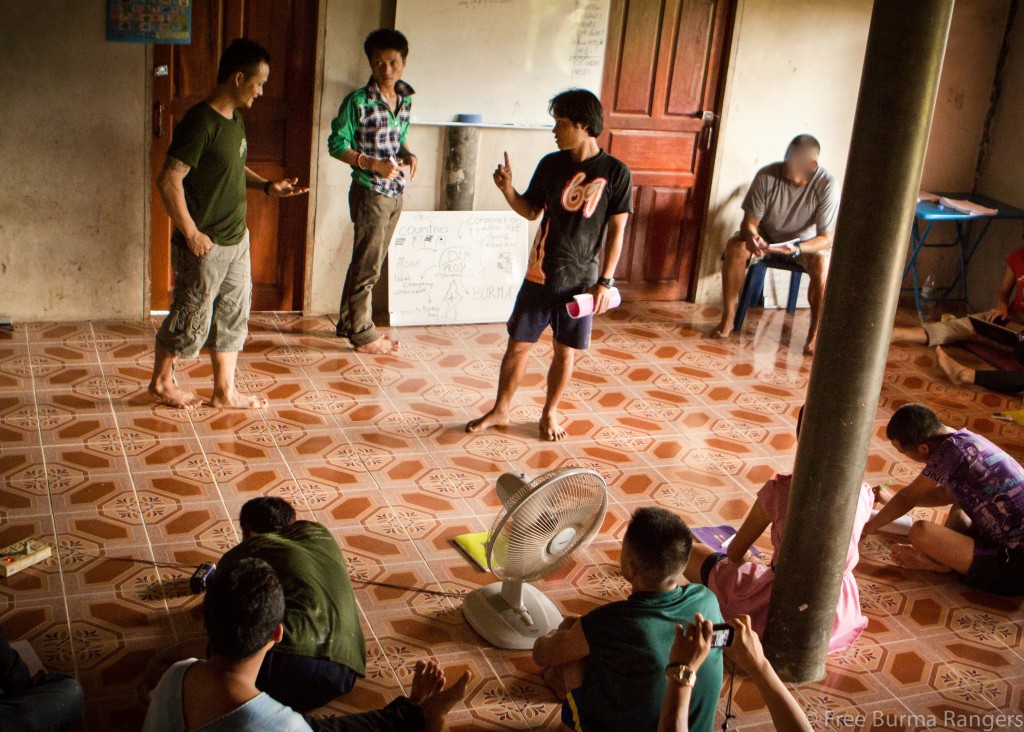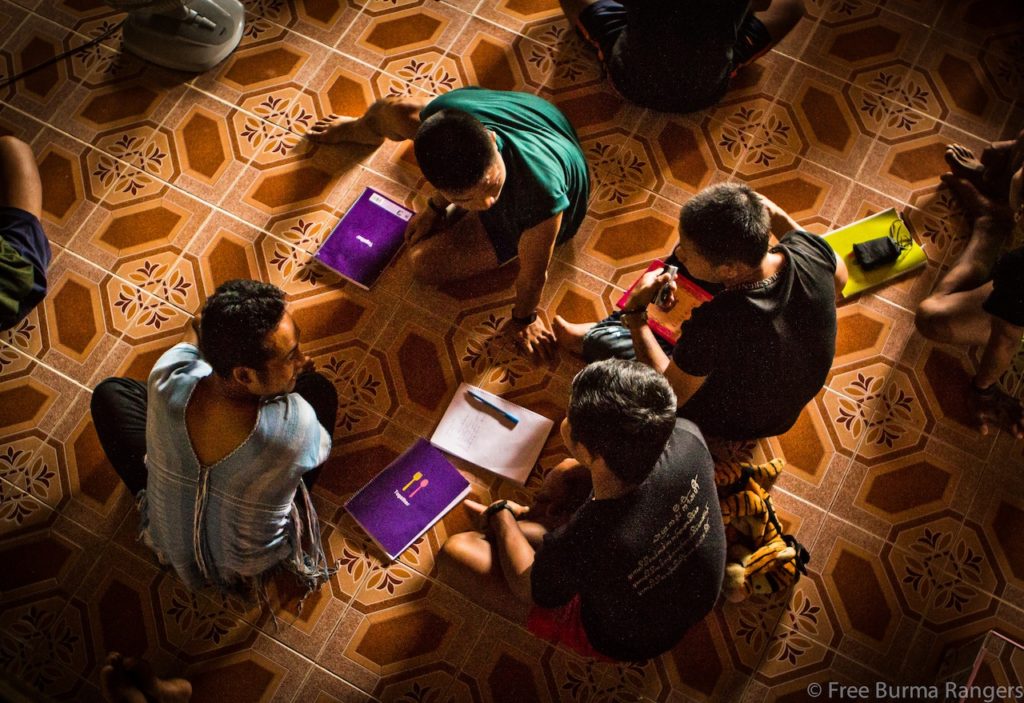Rangers Complete Investigation and Land Confiscation Training
25 October 2013 Karen StateWith the recent opening of its economy, Burma has seen an increase of international companies converge to tap into this resource-rich land. And yet, with an incomplete transition to democracy, a history of oppression that has gone largely unaddressed, and a military that continues to attack its own people, this has potential to cause further displacement and oppression of the ethnic people. International and government developers are now eying the valuable ethnic lands with little regard for the people who have been living there for generations. Strict delineation and enforcement of land rights will be critical as Burma moves forward as a free, just and democratic society.
Many among the ethnic groups of Burma are under-informed about land ownership, rights and property documentation. Additionally, people in ethnic areas are unsure of how to maintain ownership of the land they have lived and worked on their entire lives. Whole villages are sometimes pushed to sign agreements with companies or individuals, often having little understanding of the project’s technicalities or consequences.
Recently, members of our FBR staff conducted a training in the documentation and monitoring of on-going development projects in their home areas. Additionally, rangers learned more about land rights both in Burma and internationally.

After holding debriefs with the rangers, we saw that many of the development projects resulted in human rights abuses, including land confiscation, forced labor and displacement. This occurs because indigenous people are often left out of the planning and decision-making process in development projects. Rangers learned about international agreements and laws that protect native populations during development project planning. These include the United Nations Declaration of the Right of Indigenous Peoples as well as the right to Free, Prior, and Informed Consent (FPIC) declaration, which provides indigenous people the right “to give or withhold their free, prior, and informed consent to actions that affect their lands, territories, and natural resources.”


The rangers planned how they would address the negative effects of development projects in their region, while still understanding that development projects have the potential to benefit communities.
Thank you for your support as we navigate through uncertain times in Burma. The skills and knowledge acquired during this training are key to accurately assessing the current situation, and further helping the people who need it most.
May God bless you,
Free Burma Rangers
